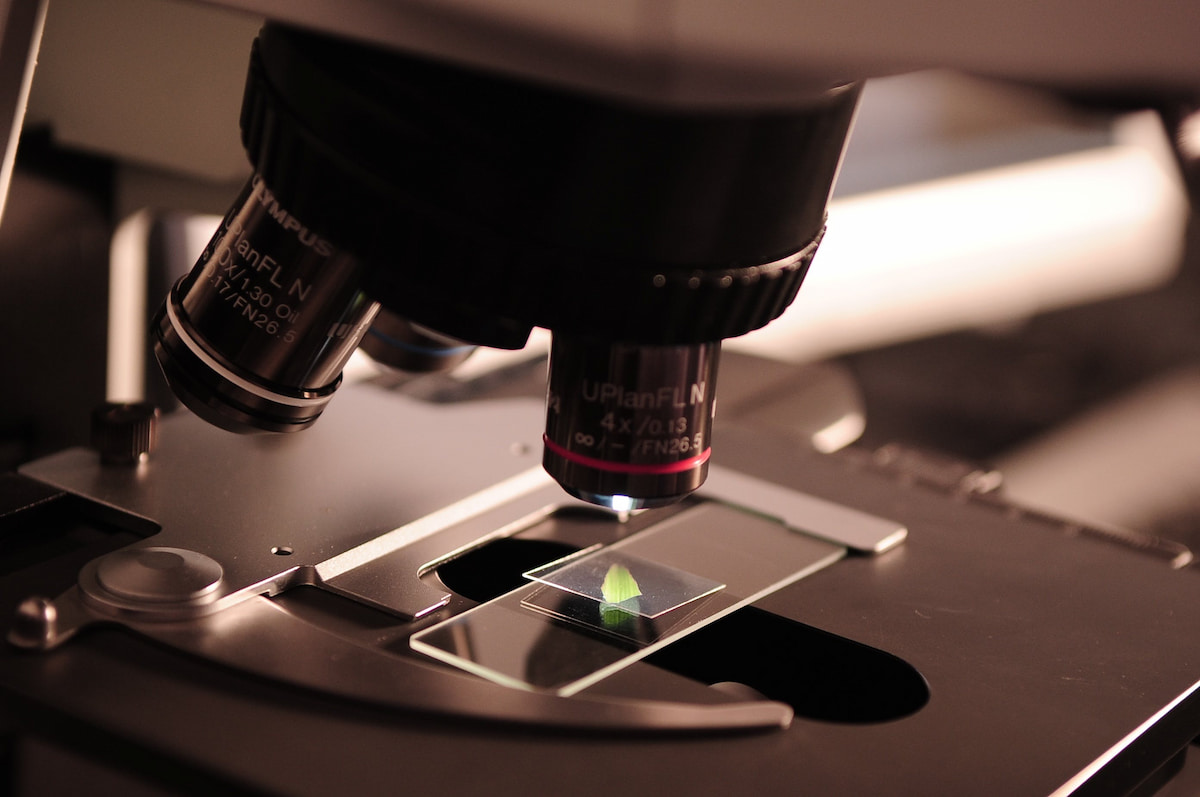In a groundbreaking development, the world’s largest collection of full human genomes has been made available to scientists. On December 2, 2023, the UK Biobank, a repository of health, genomic, and biological data, released the complete genome sequences of 500,000 British volunteers. This monumental effort, funded by Wellcome, the UK government, and various pharmaceutical companies, marks a significant leap forward in our quest to understand the intricate code that makes each of us unique.

Unlocking the Genetic Treasure Trove
Imagine your genetic code as a vast map, like Google Maps, revealing the pathways from lifestyle, environment, and genetics to disease. The UK Biobank serves as this map, allowing scientists worldwide to explore the 3-billion-letter genome sequence of each participant. This release follows a previous milestone in 2021 when genomes from 200,000 participants were shared with the global scientific community.
A Scientific Gold Mine
The UK Biobank’s genetic information has evolved over time, from ‘exomes,’ which represent the 2% of the genome coding for proteins, to 850,000 common single-letter DNA variants. However, the latest release provides a comprehensive look at the entire genome. This is crucial because when scientists study the links between genetics and disease,
The UK Biobank has already contributed significantly to scientific knowledge, with over 9,000 publications stemming from its data. Rory Collins, the UK Biobank’s chief executive, anticipates that the true impact of this latest release might unfold gradually. As scientists delve into the wealth of information, there is excitement about the unexpected discoveries that could shape our understanding of genetics and human health.
Michael Weedon, a human geneticist at the University of Exeter, UK, emphasizes the importance of spotting very rare mutations. These rare variants, often hidden in the genetic code, can provide deeper insights into biology and influence traits more strongly than common variations. In a recent study led by Weedon and Gareth Hawkes, 29 rare DNA variants were identified, shedding light on height differences up to 7 centimeters. This is just a glimpse into the potential discoveries that the complete genome sequences might unveil.
Looking Toward the Future
While the release of half a million full genomes is a significant step, scientists recognize the need for even more data. Weedon suggests that millions of samples might be necessary to comprehensively map associations between rare gene variants and health. The All of Us study in the United States plans to release whole genome and health data from one million or more people, showcasing a global effort to advance genetic research.
Critical Perspectives and Potential Discoveries
Not everyone is entirely convinced of the immediate impact of this vast amount of genetic data. Andrea Ganna, a statistical geneticist at the University of Helsinki, questions the cost-effectiveness of the current findings. However, complete genome sequences could offer more accurate mapping of disease links, particularly to structural variations in DNA.
In summary, the release of 500,000 complete human genome sequences from the UK Biobank marks a historic moment in genetic research. This treasure trove of data, made possible by collaboration between Wellcome, the UK government, and pharmaceutical companies, opens new avenues for scientists to explore the links between our genetic code and various health conditions. As we navigate this genomic landscape, there is anticipation and excitement about the discoveries that await, shaping the future of medical science.
Read more on our website!


